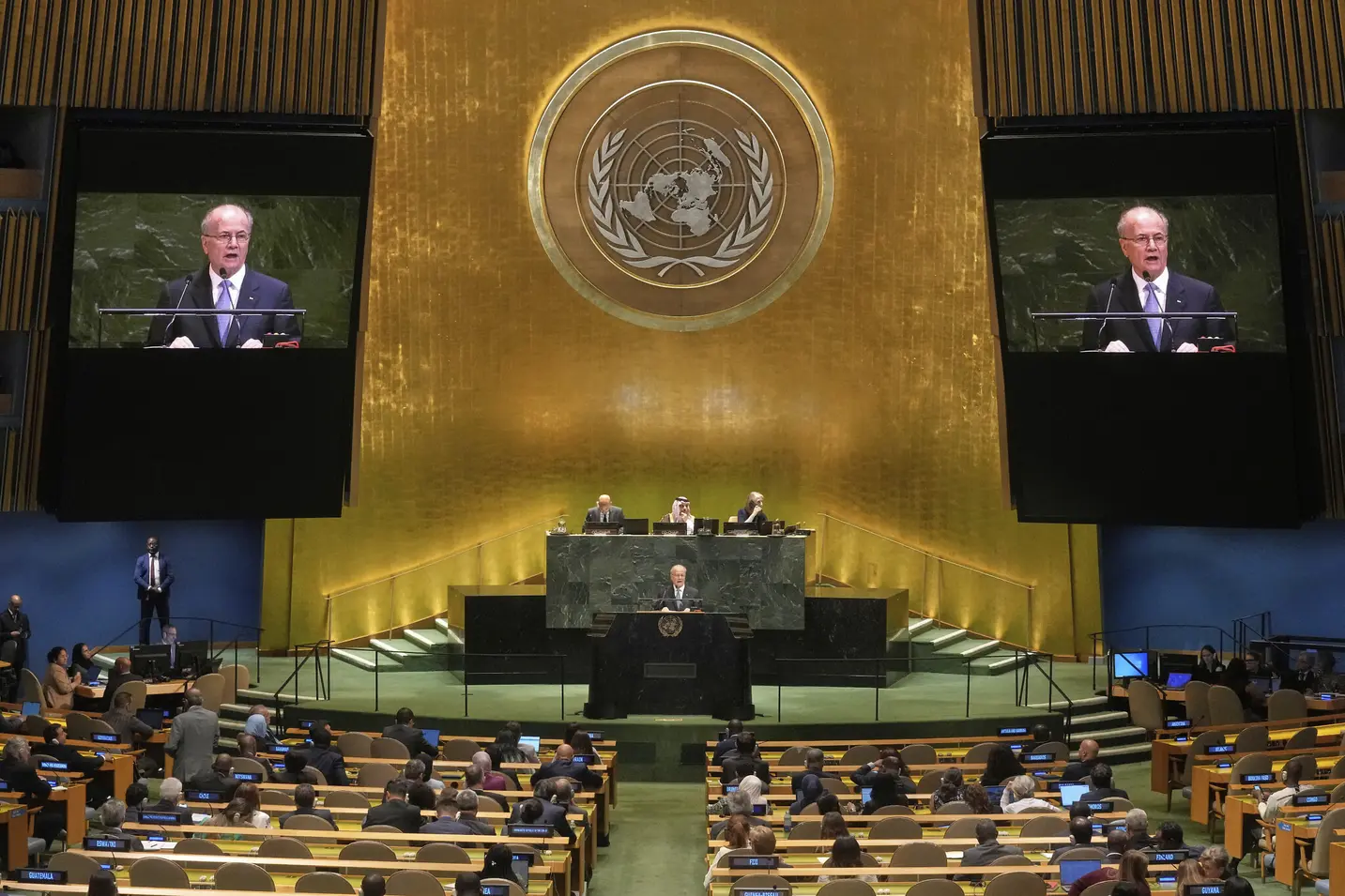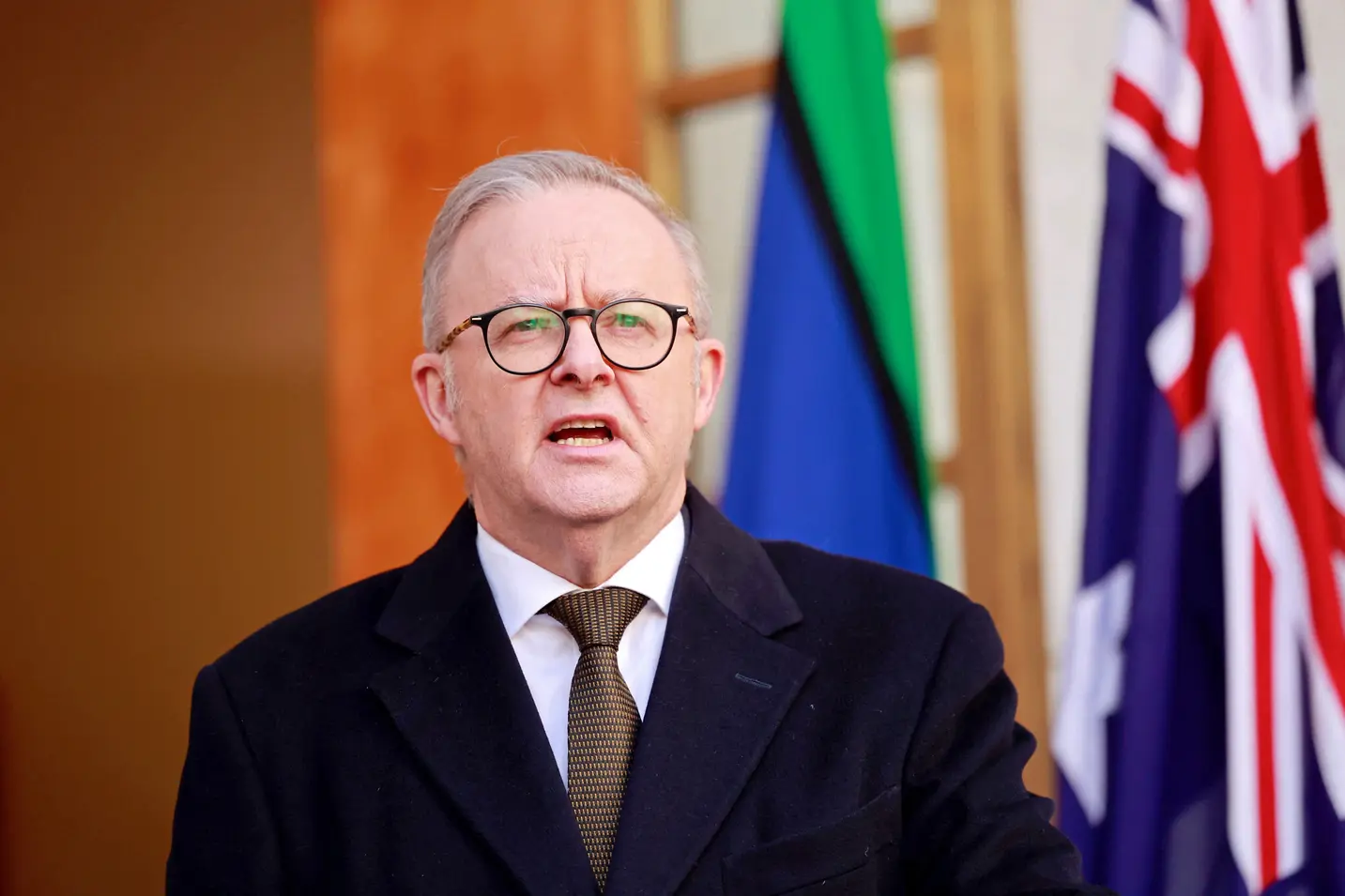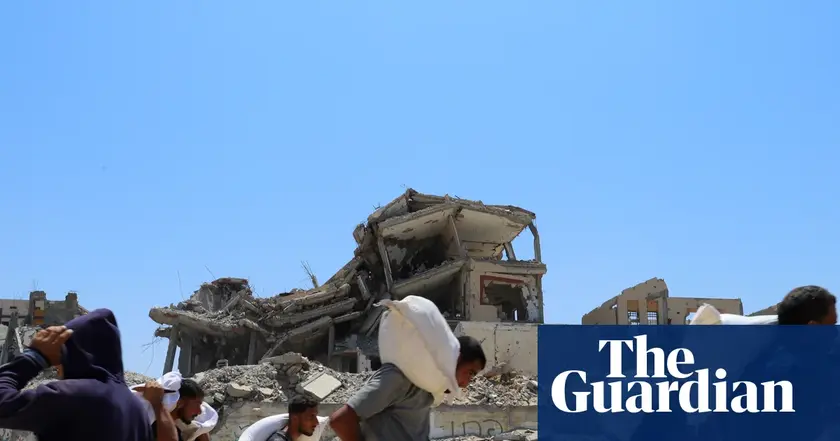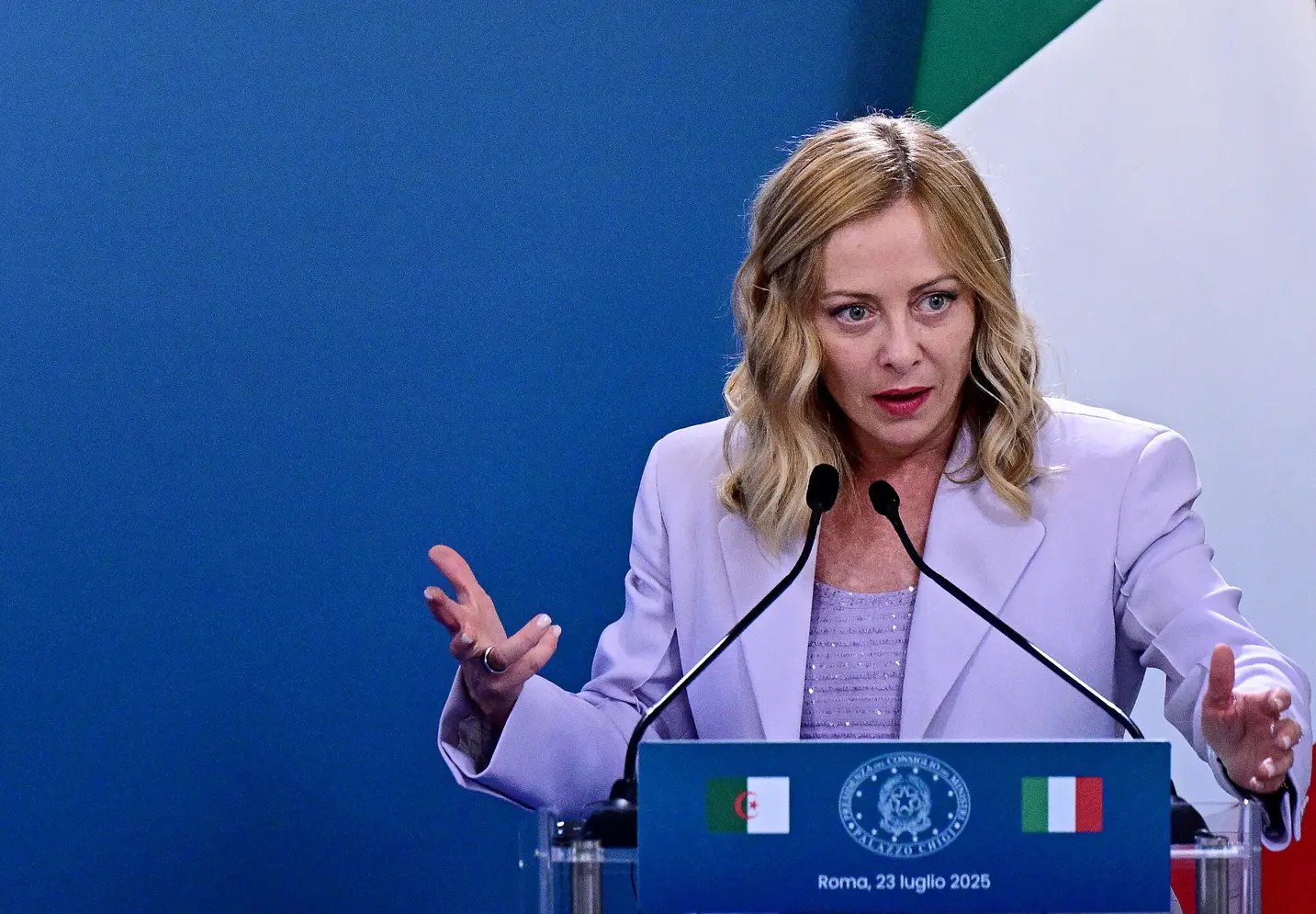T4K3.news
Two-State Solution Dead
A bold analysis argues the Oslo-era peace plan is no longer viable and calls for new ideas to address Israeli-Palestinian rights and security.

A sharp take argues the Oslo era path is no longer viable and calls for new peace ideas.
Two-State Solution Dead
The piece argues that the two-state solution, as imagined in the Oslo era, is a dead issue given current realities from Netanyahu’s government to annexation talk in the West Bank. It notes that Western leaders continue to invoke the old framework even as ground conditions have shifted well beyond it, and that the language of peace remains more ceremonial than practical. The author surveys competing visions, from a federalist democratic republic with guaranteed rights for both Jews and Arabs to other paths, and highlights how different camps on both sides are divided about what should come next.
The analysis also maps a wide range of opinions in international circles, from realist voices like Stephen Walt to calls for new models, while acknowledging internal tensions within pro-Palestinian and pro-Israel groups. It suggests that Western politicians who still push a two-state frame risk deluding themselves about feasibility and, more importantly, about how to protect civilians and secure rights. The author closes by outlining a possible future that would require a serious rethink of strategy, not just rhetoric, and by noting that such ideas remain distant from today’s political power.
Key Takeaways
"The two-state solution, as envisioned in the bygone days of the 1993 Oslo agreement, is a dead issue"
Central claim that the Oslo-era plan is no longer viable
"If, as is likely, the two-state solution is no longer feasible, then Israelis, Palestinians, and the rest of the world will have to explore other visions"
Cites a key analytic alternative to the old framework
"History was a cruel mistress and was sure to leave him behind"
Historical reflection on political leadership
"a federalist, democratic republic with guaranteed rights for both Jews and Arabs"
Describes an alternative peace vision
Editorially, the piece blends sharp critique with a demand for political honesty. It emphasizes that a durable peace requires more than repeating an outdated slogan; it needs a credible framework that guarantees rights for all residents and that can be implemented despite entrenched power dynamics. The assessment also asks readers to weigh how Western capitals shape the debate and whether their comfort with a permissive peace process is preventing real accountability and humanitarian relief.
A second line of analysis questions the piece’s tone and sources. While it rightfully flags the fragility of Oslo-era assumptions, it risks oversimplifying complex loyalties and the chaotic ground realities in Gaza, the West Bank, and abroad. The piece’s call for new visions is crucial, but turning ideas like a federalist republic into policy will demand concerted diplomatic effort, massive trust-building, and credible enforcement mechanisms that do not yet exist.
Highlights
- Realism is not surrender it is the price of lasting peace
- The old faith in a two state dream is fading fast
- A new map requires true rights protection not empty slogans
- Vacant promises won't build a future for everyone
Political sensitivity risk
The piece engages in a high-stakes political debate about Israel and Palestine, which could provoke backlash among supporters of various sides and affect public discourse.
The search for a just future remains a test for leaders and citizens alike.
Enjoyed this? Let your friends know!
Related News

Israeli Forces Face Allegations of War Crimes

Calls for Palestinian statehood gain momentum

Ukrainian military impacted by Starlink outage

Arab League condemns Hamas and urges disarmament

Australia to Recognize Palestinian State in September

Arab states demand Hamas to disarm in groundbreaking statement

France plans to recognize Palestinian statehood

Starmer under pressure to recognize Palestinian statehood
